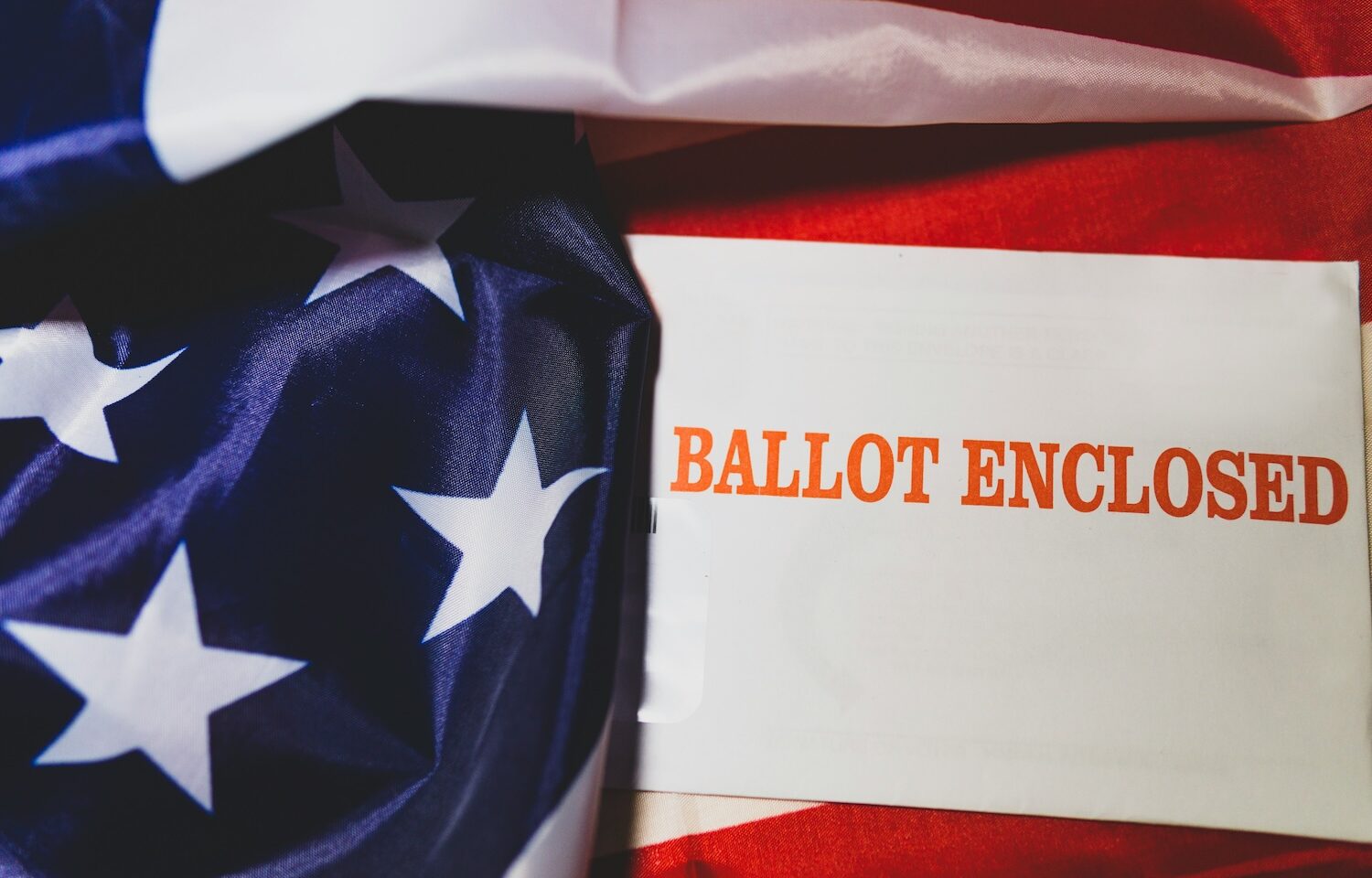What Does The Election Mean For Your Investments?
Aside from political news junkies and cable talk show hosts, it’s safe to say that most of us face presidential election years with at least a bit of dread — especially when it comes to the inevitable stock market volatility. Election years tend to bring heightened uncertainty to market-correlated investments as investors wrestle with the potential impacts of policy shifts, regulatory changes, and even global reactions to U.S. politics. Even savvy market investors face a struggle trying to apply a steady hand while riding the roller coaster.
The good news is that you don’t actually have to ride the election year roller coaster to benefit from investing. Read on to learn about how Hedgehog’s alternative investment model allows investors to earn high returns that aren’t associated with election-year market volatility.
Why does the stock market go wild during election years?
1. Uncertainty
Investors just don’t know for certain what’s going to happen and the reaction to that uncertainty often creates a domino effect.
Investors are keenly aware that policy changes stemming from a new administration could drastically impact sectors ranging from healthcare to energy. This uncertainty can lead to market swings as traders react to shifting predictions and policy proposals.
2. Increased Media Coverage and Public Scrutiny
Suddenly, all eyes are on the economy, and talking heads are earning their keep by making wild, often dire predictions about what a given candidate’s win (or loss) could mean. A constant flow of election polls leads to even more speculation, and soon, predictable trading patterns are off the table.
Market analysts call this behavior “exaggerated market movements,” but it might be more accurate to call it the Wild West (or “maybe not a great time to hop into the market if you aren’t a fan of wild unpredictability when it comes to your money”). Maybe that’s just us.
3. New Economic Proposals
As the candidates begin outlining their visions for the economy, uncertainty builds, especially in a tight race.
Investors start to imagine what the market might look like a year from now under Candidate A’s plan vs. Candidate’s B plan — often, these visions include major tax reforms or shifts in trade policies, both of which could significantly impact the market and the economy in general. But of course, there is no crystal ball to tell us which plan is actually going to pan out (if there were, we’d advise you to invest in that technology).
4. Post-Election Hoopla
Even after the last ballot is counted, the roller coaster of market volatility has yet to return to the station. The market’s reaction to the election outcome often ushers in a new period of uncertainty, one that continues through the early days of the next presidential term.
This period is when we see more global reactions to the impending regime change (or administrative reset when an incumbent is reelected). The market tends to react poorly under increased international scrutiny (can you blame it?).
Market-Correlated Investment Volatility Can Impact Anyone
Unfortunately, it’s not just people actively investing in the stock market who stand to see financial losses when the market is up and down. Retirement funds tied to investments like 401K accounts, for example, are sure to see an impact — one that will hopefully even out over time, but it could be a smart decision to direct funds toward a different kind of investment in an election year. You’ll want to take a careful look at your short- and long-term financial goals related to retirement.
Businesses frequently make decisions based on how the market is performing, which can mean layoffs or cutbacks. Safe investment is key to staying on track with your long-term financial plan so you can weather this kind of storm.
Strategies for Managing Portfolios in Election Years
There are some techniques that can help shield your financial portfolio from election year instability:
- Diversify. Spreading your investments across various asset classes, including stocks, bonds, real estate and international markets, can reduce the impact from any single event or potential policy change.
- Set long-term goals. You’ve heard it before: Keep your eyes on the prize. Holding a long-term perspective and a disciplined investment strategy will help you avoid making impulsive decisions based on temporary market movements, which is much more likely to reward you in the long run.
- Don’t overreact. It’s important to stay informed, but reacting to every new news story is a bad strategy. Markets often respond to anticipated policy changes, but the reality could be far different from expectations. Hold off on making rash decisions.
- Rebalance and review. Election years can be excellent times to review and rebalance your portfolio. Does your asset allocation align with your current risk tolerance? Consider divesting from scenarios that don’t feel right for this season of your life.
Or, do all of the above through alternative investments. Seek out investments that are not as tied to election year volatility. Alternative investments can include things like real estate, hedge funds, private equity, commodities, and collectibles.
Alternative investments allow you to diversify your portfolio in a safe, smart way while keeping your financial goals intact. Because they are not linked to the stock market, election year volatility is simply not as much of a concern.
Hedgehog allows you to invest and come out ahead — even during volatile election years.
Way over on the other side of the investment theme park — far removed from the roller coaster — sits Hedgehog’s unique alternative investment model. It’s the still-very-satisfying, but far less jarring offering. Maybe it’s the lazy river, or an observation deck. You’ll still be glad you took the ride, but you won’t be up all night wondering if you should have.
How does Hedgehog work?
Hedgehog Investments allows investors to earn predictable, robust returns by placing their funds into a system designed to help small businesses grow. Investors lend their capital at a fixed rate versus speculating in the stock market.
Hedgehog investors do report a common side effect: the peace of mind that comes from knowing exactly what to expect from their investment.
Learn more about Hedgehog today.
The ups and downs of the political world have less impact on alternative investments like Hedgehog’s model. Ready to get off the roller coaster? Reach our Hedgehog team and learn more about our alternative investment strategy on our website.
Disclaimer:
This material is intended for informational purposes only and should not be construed as legal or tax advice. Information here is not intended to replace the advice of your investment advisor or financial advisor. This information is not an offer or a solicitation to buy or sell securities. This information may have been compiled from third-party sources and is believed to be reliable. All investing involves risk, including the loss of principal.




